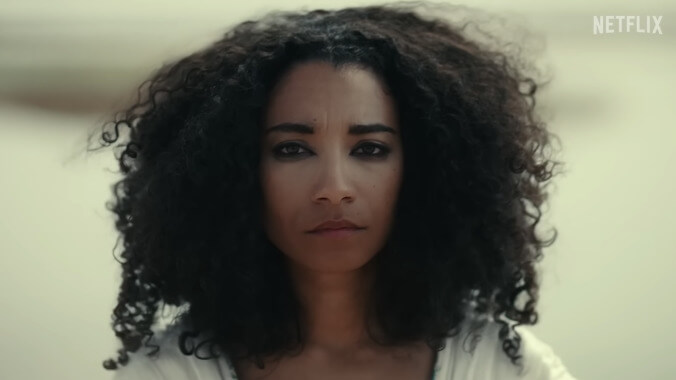Netflix’s Cleopatra docuseries still stirring up drama as Egyptian broadcaster announces its own doc
After Netflix doc sparked furious debate about Queen Cleopatra's race, an Egyptian broadcaster will make its own (light skinned) version

“It’s not every day that academic discussion of ancient history makes the news,” Queen Cleopatra executive producer Jane Root recently pointed out (via Deadline). Indeed, the academic discussion of Cleopatra’s racial background has been going on for weeks now. The Jada Pinkett Smith-produced project’s decision to cast a Black actor (Adele James) in the role (and director Tina Gharavi’s dismissal of criticism) has inflamed an age-old debate and apparently enraged an entire nation.
After Egypt’s Ministry of Tourism and Antiquities released a statement stressing that “Queen Cleopatra had light skin and Hellenistic (Greek) features” and arguing that Netflix’s approach “should be based on historical and scientific facts, to ensure that history and civilizations are not falsified,” the Al Wathaeqya channel, a subsidiary of Egypt’s state-affiliated United Media Services, has announced its own Cleopatra documentary in which the ancient ruler will be depicted as light-skinned, per Variety. “Based on what is always usual in all the work of the Documentary Production Sector and Wathaeqya Channel, there are work sessions currently being held with a number of specialists in history, archeology, and anthropology. In order to subject research related to the subject of the film and its image to the utmost levels of research and study,” the channel said in a statement (via Egypt Independent).

 Keep scrolling for more great stories from A.V. Club.
Keep scrolling for more great stories from A.V. Club.